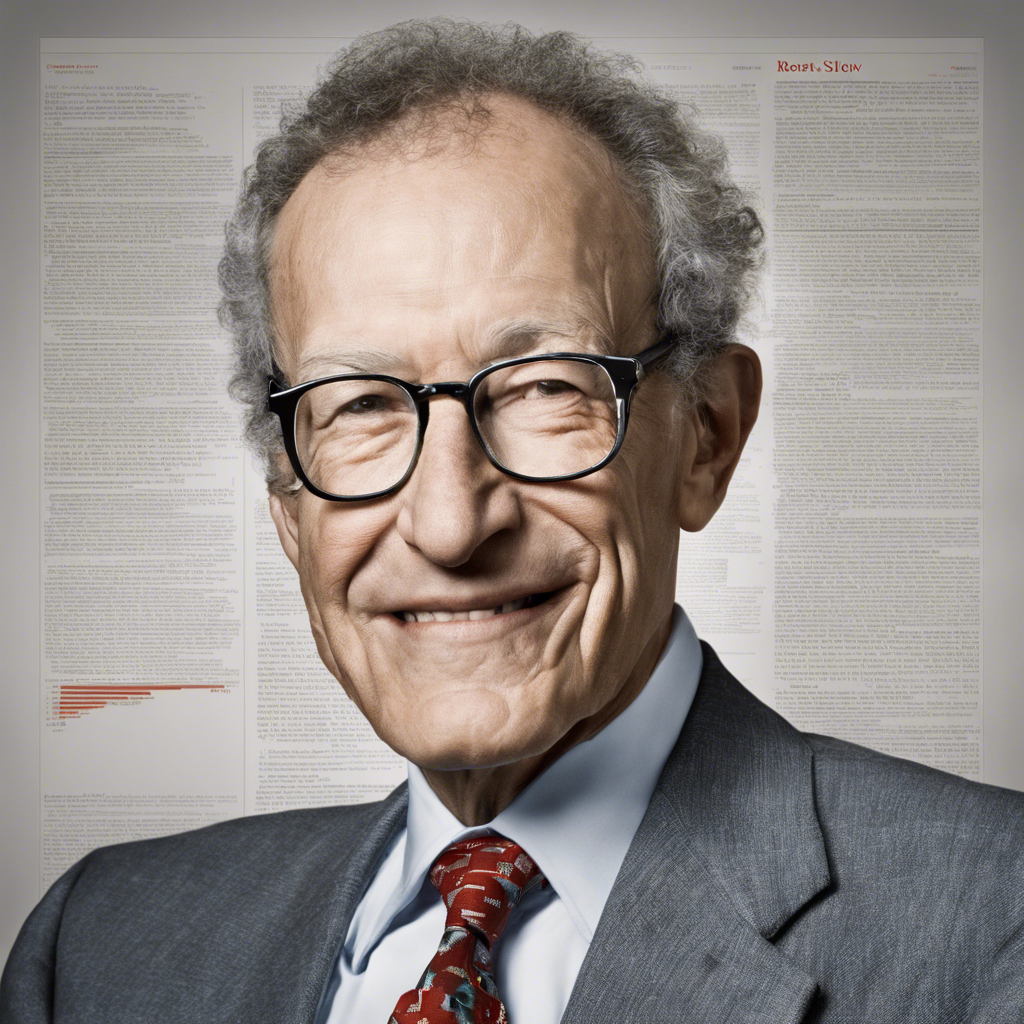Remembering Robert M. Solow: The Economist Who Revolutionized Economic Growth Theory

Nobel laureate Robert M. Solow’s groundbreaking research on technology and economic growth leaves a lasting legacy
Renowned economist Robert M. Solow, whose pioneering work on the role of technology in economic growth earned him a Nobel Prize in 1987, passed away at the age of 99. Solow’s contributions to the field of economics, particularly his theory that technological advancements are the driving force behind economic growth, revolutionized the way economists analyze and understand the dynamics of economies. Throughout his career, Solow’s research and teaching at the Massachusetts Institute of Technology (MIT) shaped the discipline and influenced economic policymaking. His impact extended beyond his own achievements, as he mentored and inspired numerous future Nobel laureates. Let us delve into the life and work of this remarkable economist.
The M.I.T. Style of Economic Analysis: Solow and Samuelson’s Legacy
Robert M. Solow, alongside fellow Nobel laureate Paul A. Samuelson, played a pivotal role in shaping the M.I.T. style of economic analysis. Their approach, which gained prominence in the second half of the 20th century, emphasized the application of mathematics to economic debates and the simplification of complex economic models by focusing on a limited number of variables. This methodology allowed for a more comprehensive understanding of economic phenomena and provided a framework for economic policymaking.
The Solow Growth Model: Unraveling the Role of Technology
At the heart of Solow’s contributions to economic theory is the Solow Growth Model. This model, developed in the 1950s, challenged the prevailing belief that increases in capital and labor were the main drivers of economic growth. Solow’s research demonstrated that technological advancements, rather than traditional factors of production, played a central role in fostering economic development. By incorporating the concept of technological progress into economic analysis, Solow provided a new lens through which to understand and predict economic growth.
Influencing Future Generations: Solow’s Mentees
Beyond his own groundbreaking research, Solow’s impact on the field of economics can be seen in the numerous scholars he mentored and inspired. Four of his former students, Peter Diamond, Joseph E. Stiglitz, William D. Nordhaus, and George A. Akerlof, went on to win Nobel Prizes in economics themselves. Solow took great pride in their achievements, recognizing them as a testament to his legacy as an educator and mentor. His commitment to nurturing young talent ensured that his influence would extend far beyond his own lifetime.
A Legacy of Mathematical Rigor and Economic Policy Relevance
Robert M. Solow’s work exemplified the power of applying mathematical rigor to economic analysis. By simplifying complex economic models and focusing on key variables, he provided policymakers with valuable insights into the drivers of economic growth. Solow’s research emphasized the importance of technological progress and its impact on productivity, income distribution, and overall welfare. His work continues to shape economic policy discussions, serving as a foundation for policymakers seeking to foster sustainable and inclusive economic growth.
Conclusion:
The passing of Robert M. Solow marks the end of an era in the field of economics. His groundbreaking research on the role of technology in economic growth, along with his influential teaching and mentorship, has left an indelible mark on the discipline. Solow’s legacy extends beyond his own achievements, as he nurtured and inspired future generations of economists, many of whom went on to win Nobel Prizes themselves. As we reflect on his contributions, we are reminded of the power of innovative thinking and rigorous analysis in shaping our understanding of complex economic systems. Robert M. Solow will be remembered as a true visionary who reshaped the field of economics and paved the way for new avenues of research and policy development.

